With Liberals at a loss in South Australia, party fights over who has the map
The Liberal Party has virtually ceased to exist as the party of city and suburban voters, with a tough conversation under way about how it reconnects.
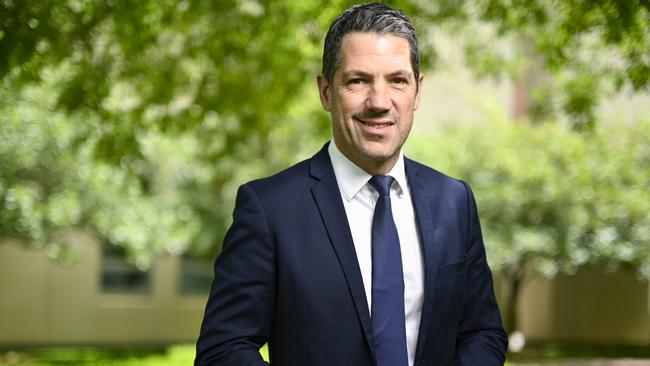
The Liberal Party has virtually ceased to exist as the party of city and suburban voters, with a tough conversation under way about how it reconnects with the thousands of middle Australian and middle-class voters who have abandoned it in droves.
From Sydney to Perth and Melbourne to Brisbane, once-safe Liberal city seats are in Labor hands and the party faces little chance of stemming the damage in the space of the next term.
Liberal conservatives and moderates are offering polarised accounts of what went so horribly wrong and hugely conflicted proposals on how to fix it.
Conservative senator Alex Antic is arguing the party must move further right in attacking net zero and cutting immigration, while former moderate leader and trade minister Simon Birmingham broke his political silence to urge the party to adopt gender quotas to fix its crisis with female city voters.
In contrast, Tony Abbott is urging the party to hold its nerve and stick to its values on energy policy and national security. “If the Coalition can create a clear contest and a strong contrast over the next term we can certainly be competitive and give Australia the best possible government,” the former prime minister said.
While suburban Melbourne, Sydney and Brisbane still count pockets of Liberal resistance, Adelaide has become a miserable microcosm of the existential crisis facing the Liberals. The city that once housed a swath of hardworking Liberal backbenchers and supplied multiple senior ministers to successive Coalition governments has become a political wasteland under total Labor control.
It is now possible to drive 133km from the northern town of Gawler at the base of the Barossa Valley to Goolwa at the mouth of the Murray without traversing a Liberal-held seat.
Adelaide is the Liberals’ Last of Us, an entire race of politicians suddenly wiped out. It is in SA where philosophical debate about the future of the party is being fought most fiercely, with neither side capable of agreeing whether the party should be more centrist or more conservative, more progressive or more hard line.
Returned senator Antic is the flashpoint for much of the anger, branded by many in the party as a MAGA-style extremist who has pushed the SA Liberals far beyond the political mainstream amid the growing influence of evangelical Christians and anti-lockdown activists. Antic and his supporters say it is the moderates’ failure to distinguish themselves from Labor that is at the root of the party’s demise. “Presumably the left wing of the party will find new and inventive ways to postulate that we must lean further left to succeed,” he said. “I have seen that rerun once or twice before. The truth is that the party has spent too long pandering to the false narratives of net zero, globalisation and mega immigration.
“The focus on winning back teal seats and saving inner-city seats has ignored the needs of suburban and rural Australians. If we are to succeed, then the party has to understand that the forgotten people of this country can be forgotten no longer.”
But other party figures rubbished Antic’s assessment, with veteran moderate Christopher Pyne saying the party needed to return to the centre or risk losing middle Australia.
With his old seat of Sturt falling to Labor with a huge 10 per cent margin, Pyne said the lessons were clear. “We have to learn that you cannot win elections from the right of the political spectrum, any more than you can win them from the left of the political spectrum, that elections are won either from the centre left or the centre right,” Pyne said.
“John Howard learnt that lesson after his first term as the leader of the party. In his second term, he brought everyone together.”
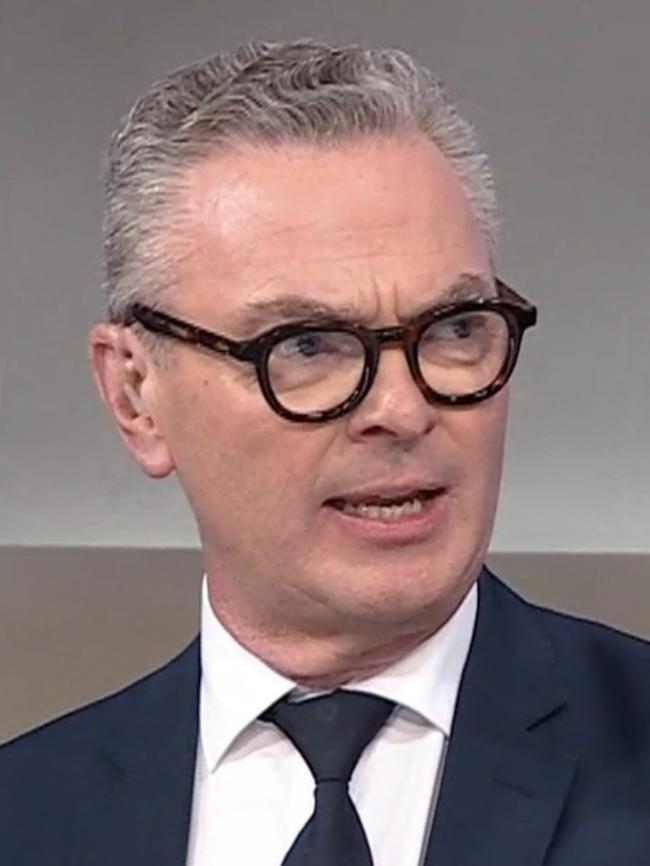
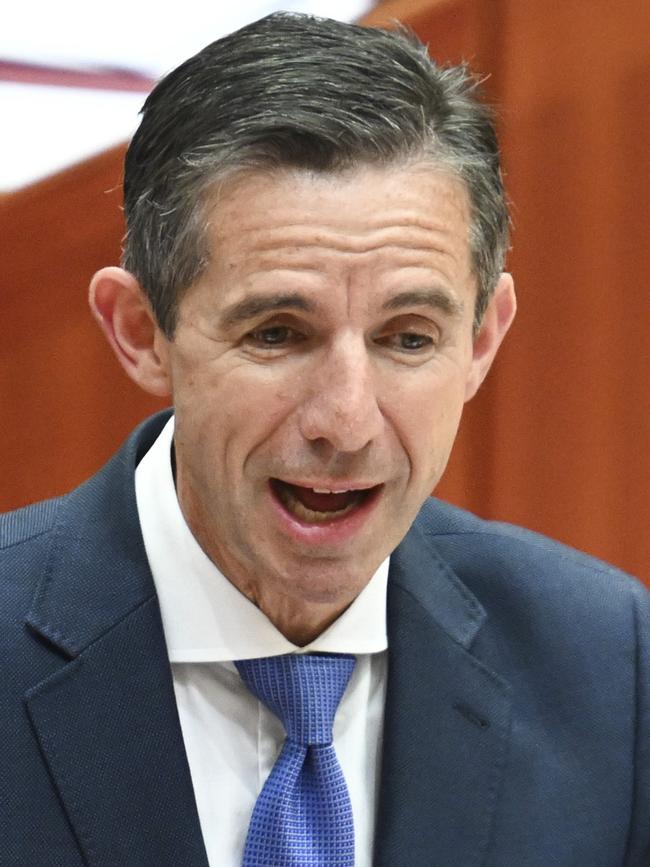
His sentiments were echoed by fellow moderate Birmingham, who quit politics last year amid despondency over the ideological brawling paralysing the SA Liberal division.
Birmingham, now a senior executive at ANZ, took to LinkedIn to say the Liberals needed to re-examine their entire reason for being. He also canvassed the adoption of quotas to lift female representation as a necessary move.
“Lessons from previous failures, especially the federal failure of three years ago but also many at state levels, have not been learned and acted upon,” Birmingham said. “Having allowed a bad problem to worsen so dramatically, the response must now be even more dramatic and touch upon all aspects of the party. Nothing can be sacrosanct if the party is to find a pathway to relevance with new generations of voters. It must start with the raison d’être. Why do we have a Liberal Party and how is it relevant in 2025 and beyond?
“The broad-church model of a party that successfully melds liberal and conservative thinking is clearly broken. The Liberal Party is not seen as remotely liberal and the brand of conservatism projected is clearly perceived as too harsh and out of touch.
“Beyond the presentation of ideology, there must be a reshaping of the party to connect it with the modern Australian community. Based on who’s not voting Liberal, it must start with women. Based on where they’re not voting Liberal, it must focus on metropolitan Australia. Concepts like quotas for women in parliament may be somewhat illiberal. But I struggle to think of any alternatives if there’s to be a new direction that truly demonstrates change and truly guarantees that the party will better reflect the composition of modern society.”
To put the SA result in its historic context is to return to the 1990s when the party was the highly functioning embodiment of Howard’s broad church. The party had multiple effective backbenchers from across the factional divide, most notably Trish Worth in Adelaide, Chris Gallus in the western suburbs seat of Hindmarsh, Trish Draper in the working-class northern seat of Makin, and at its high point even held the outer southern seat of Kingston with Susan Jeanes.
Andrew Southcott was entrenched as the member for Boothby, which Labor had only held briefly in the 1950s, and Pyne fought off repeated Labor assaults in his seat of Sturt. At the ministerial level, SA served as the engine room of the Howard cabinet, with Alexander Downer as foreign minister, Ian McLachlan and then Robert Hill in defence, Amanda Vanstone holding multiple senior portfolios, and senator Nick Minchin serving as special minister of state playing a crucial lead role on native title laws. Today, Labor holds all the suburban seats: Adelaide, Boothby, Hindmarsh, Kingston, Making, Spence and Sturt, with independent Rebekha Sharkie holding Downer’s old Liberal stronghold of Mayo.
Thanks to Saturday’s whitewash, none of these seats is marginal. Even Sturt is a 10 per cent Labor seat, having been held once by Labor in the last five decades in the first Whitlam government.
The only Liberal figures who were officially returned in SA on Saturday were the little-known Tony Pasin in the state’s rural southeast seat of Barker, newcomer Tom Venning in the vast northern bush seat of Grey, and Antic, who has become a pariah in the eyes of Liberal moderates after staging what many call a takeover of the SA division. Antic will be joined in the Senate by Morrison government minister Anne Ruston, whom he controversially rolled for the No.1 spot at last year’s preselection.
But the Liberals have lost their third senator, David Fawcett – most likely to rank Labor outsider Charlotte Walker, the SA Young Labor president who celebrated her 21st birthday on election day.
The extent of the malaise in SA and the impossibility of Liberals even maintaining a working relationship was evidenced by the fact many of the comments received for this piece bordered on the unpublishable. “My mother always said there is one name you can never call anyone, but Alex Antic is a c...,” one party figure said. “He was the one who said he had to take the No.1 spot on the Senate ticket or we would lose the third Senate position.
“We have lost it now and that’s on his watch. I am beyond disgusted that he would be out there saying anything today like some opportunistic terrorist. We have got good people like Nicole Flint and James Stevens and all the people around them who worked so hard just trying to hold it all together after such a devastating loss, despite all their efforts, and he’s out there today talking this shit about what other people supposedly did wrong.”
Federal Liberal director and former SA premier John Olsen declined to comment.


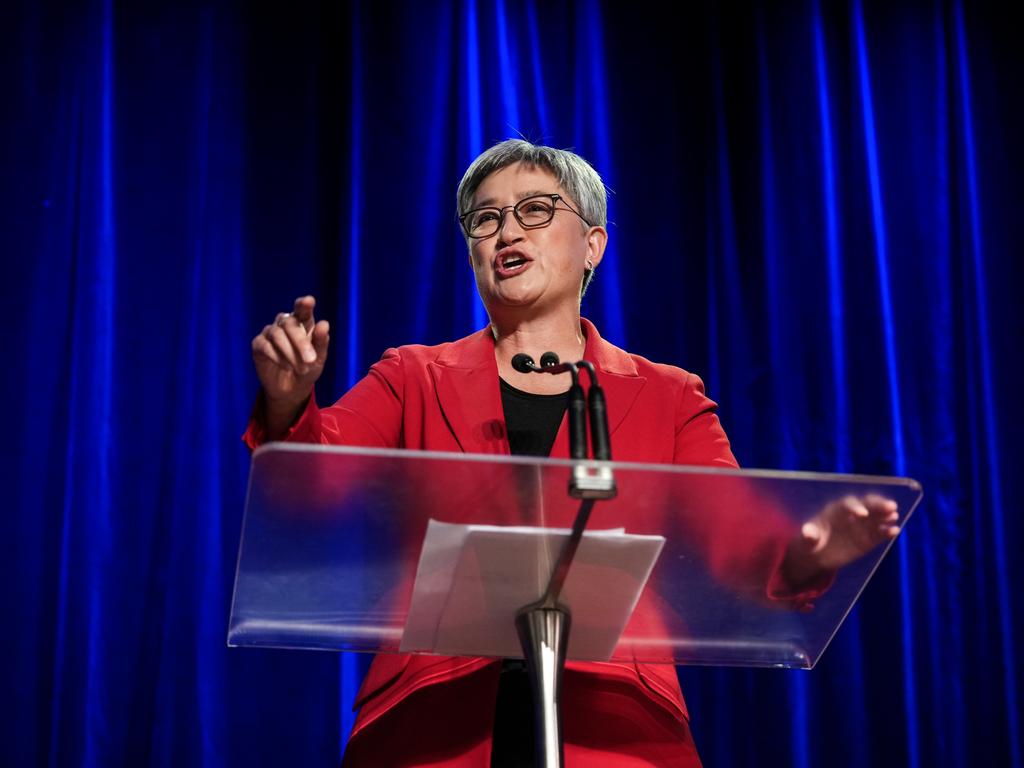
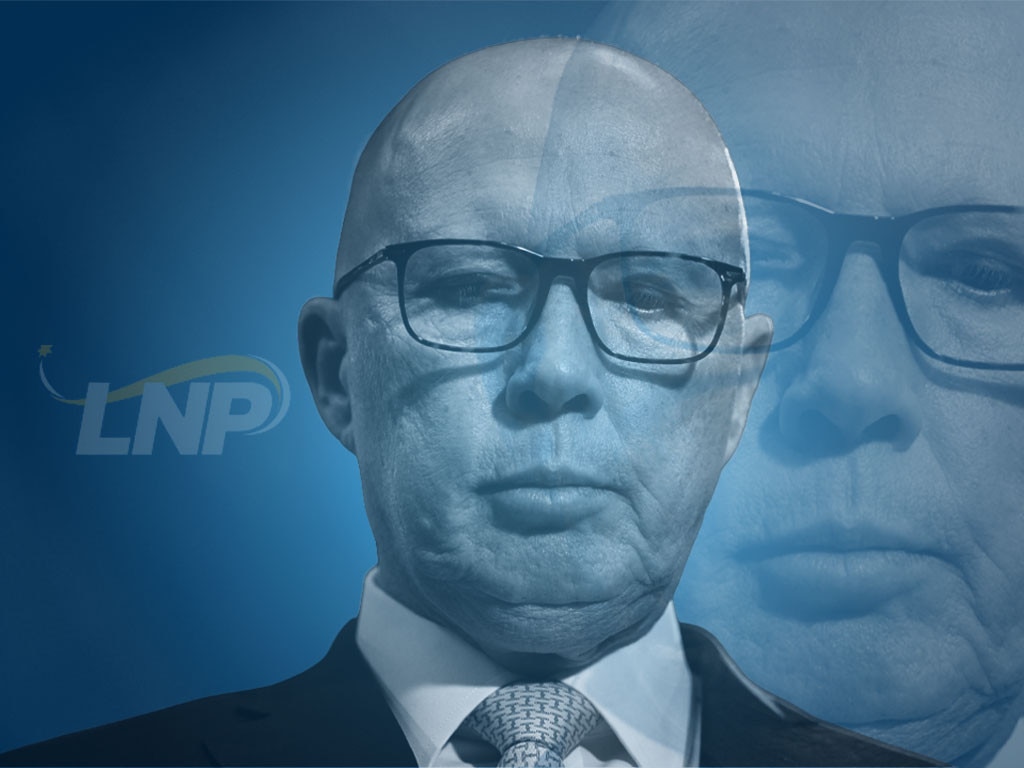


To join the conversation, please log in. Don't have an account? Register
Join the conversation, you are commenting as Logout